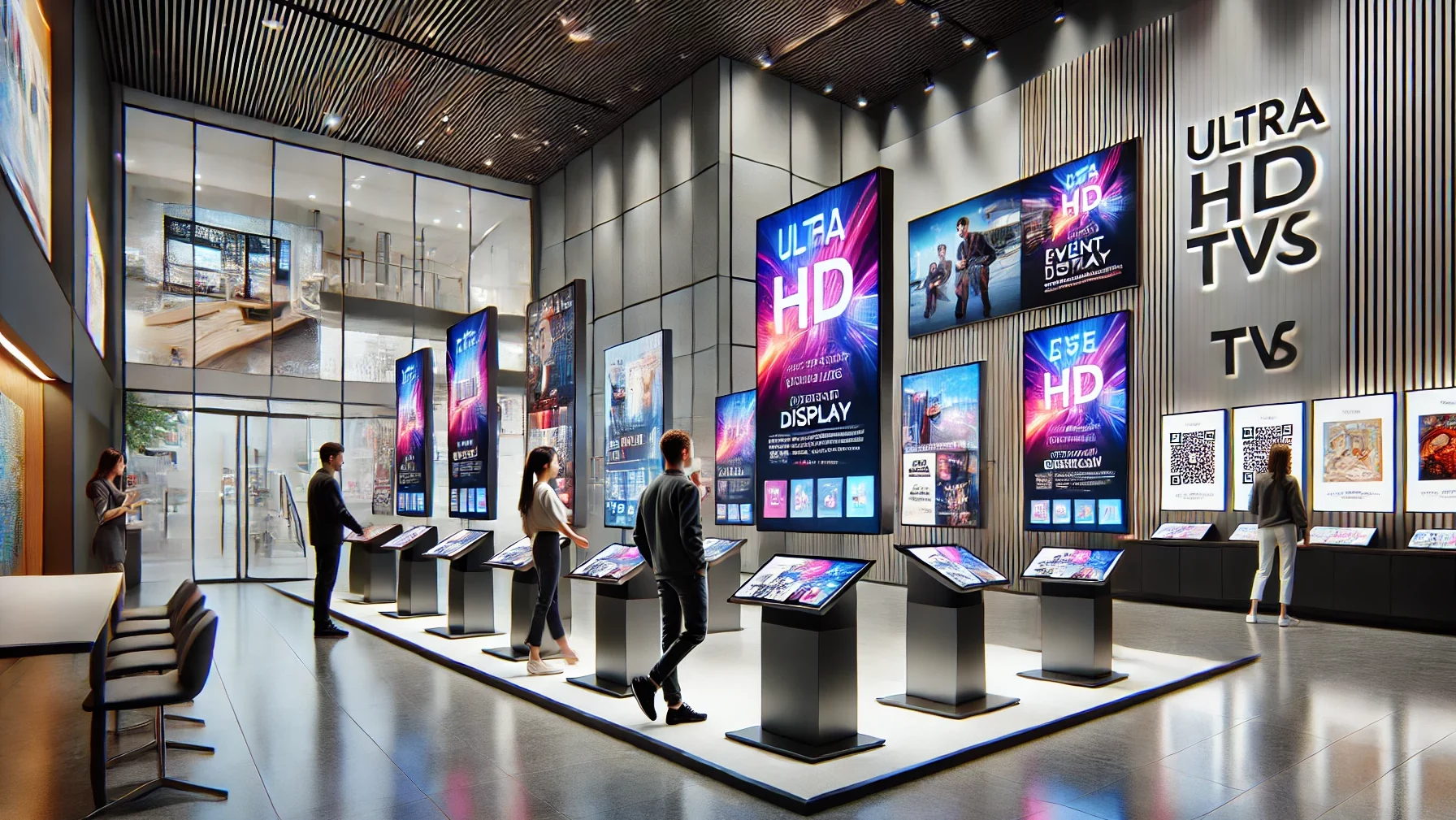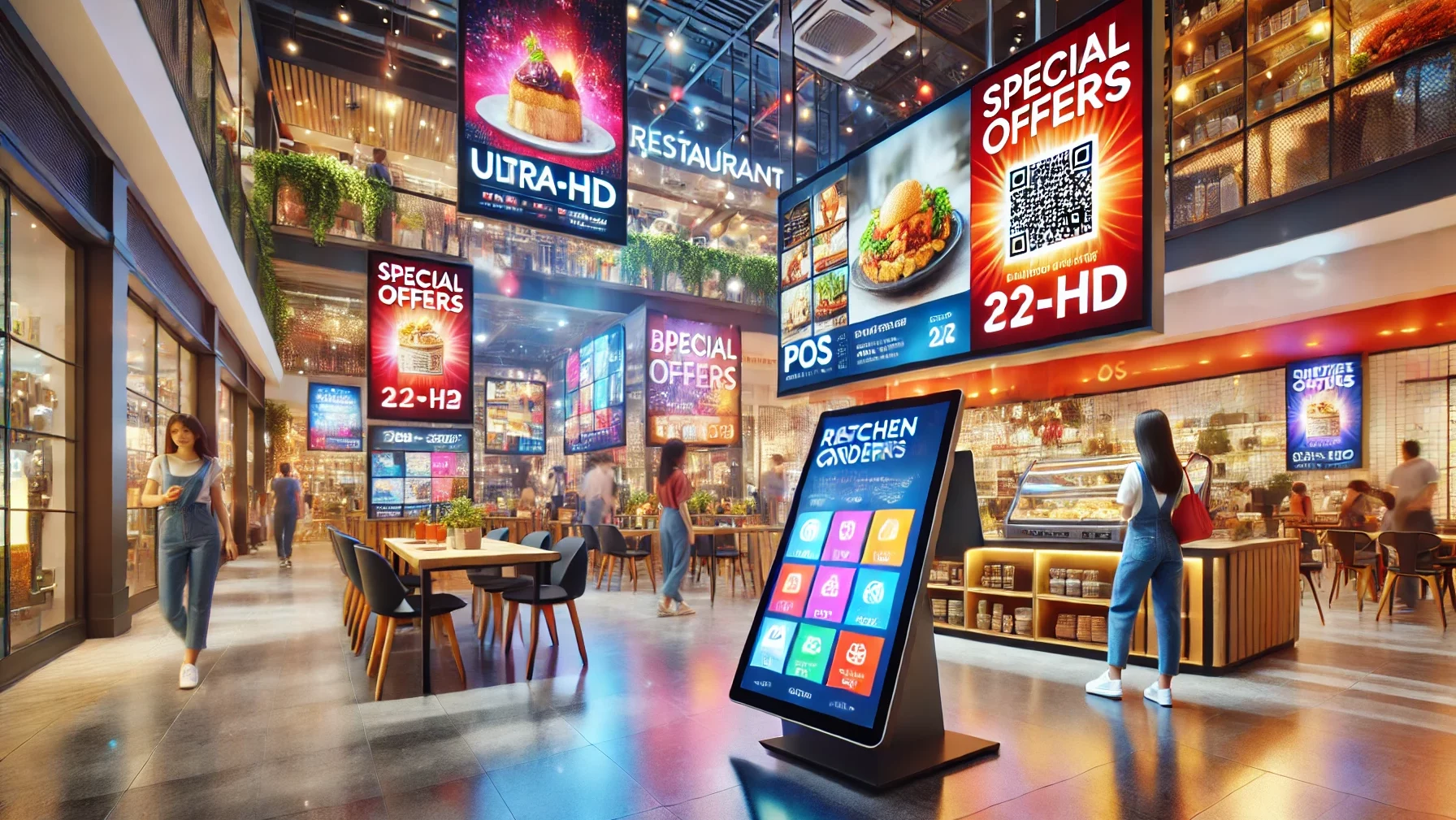Mental Health Awareness: A Journey Toward Understanding and Compassion
There has been a notable upsurge in mental health awareness, dispelling stigmas and promoting candid discussions about mental health.

The importance of mental well-being has become increasingly apparent, and in recent years, discussions about mental health have taken center stage in society. The fact that this once-taboo subject is now freely discussed in homes, offices, and educational settings shows how far we’ve gone on this life-changing path. The growing awareness of mental health issues is a significant turn toward empathy and comprehension, acknowledging the equal importance of mental and physical well-being. We’ll look at the causes of this movement and its long-term effects on people and society at large in this blog.
The Tragedy of Mental Illness Throughout History
A great deal of history was characterized by stigma, shame, and misunderstanding around mental health. People who battled illnesses like schizophrenia, sadness, or anxiety were frequently abused, shunned, or even institutionalized. Because of society’s ignorance, there are misunderstandings that mental health problems are a sign of moral failings or weakness, which makes those who are affected feel alone and afraid. Due to the pervasive stigmas in many cultures, people were reluctant to ask for assistance for fear of being judged. The late 20th century saw the beginning of the push away from these antiquated ideas in favor of mental health activism, which sparked a gradual but steady shift in knowledge and empathy.
The Media’s Impact on Shifting Attitudes
The movement toward greater understanding of mental health issues has been greatly aided by the media. In the past, news sources, television shows, and movies frequently sensationalized or negatively represented mental illness. But more and more, the media of today is exposing the truth about mental health issues. Talk programs, podcasts, documentaries, and even social media influencers are sharing candidly about their experiences with depression, anxiety, and other illnesses. This openness has been essential in normalizing discussions about mental health and motivating individuals to get help. Public personalities and celebrities have also come forward to share their experiences, breaking down barriers and demonstrating that anyone, regardless of achievement or status, may be affected by mental health concerns.
The Significance of Mental Health Awareness and Protests
Local and international mental health initiatives have been crucial in igniting change and increasing awareness. Mental health has gained prominence due to initiatives like #BellLetsTalk and organizations like the National Alliance on Mental Illness (NAMI) and the World Health Organization (WHO). These programs have made helpful materials available, established discussion areas free from judgment, and emphasized the value of asking for assistance. Every year in May, Mental Health Awareness Month serves as a major occasion for communities to unite, exchange personal tales, and promote improved mental health services. These initiatives’ broad appeal is gradually eliminating the stigma associated with mental illness and enabling people to put their health first.
Mental Health in Schools and the Workplace
Mental health is becoming more widely acknowledged in the workplace and in educational settings as awareness has expanded. Employers today recognize the importance of providing mental health days, Employee Assistance Programs (EAPs), and work-life balance initiatives to promote their workers’ mental health. This change is essential since mental health problems can be greatly exacerbated by workplace stress. Additionally, schools are incorporating emotional intelligence and coping mechanisms into their curricula to educate children about mental health. Giving young people the skills to recognize and take care of their mental health is revolutionary because it lowers stigma at an early age and promotes lifelong good behaviors.
The Digital Age and Its Impact on Discussions About Mental Health
The emergence of internet platforms has opened up new channels for candid conversations about mental health. Social media in particular has given voice to those who advocate for mental health by providing a forum for people to share resources, support, and stories. The internet has promoted international mental health networks even though it can occasionally lead to detrimental experiences related to mental health (such cyberbullying or harmful comparisons). Instagram, TikTok, and other social media platforms have emerged as centers for mental health awareness, providing easy access to mental health information, self-care advice, and places where people can come together to share challenges and receive support. People all around the world are now connected because to this internet transformation, which has strengthened the sense of community.
The movement toward more mental health awareness is genuinely revolutionary; it is dismantling obstacles, confronting stigmas, and fostering environments that are more accepting and helpful to everyone. Education, media portrayal, and community activism have all contributed to the recognition of mental health as a crucial component of our general well-being. We are getting closer to a society in which asking for assistance is viewed as a sign of strength, where mental health and physical health are valued equally, and where everyone has access to the treatment and support they require. Even though our trip is far from over, the progress we’ve accomplished thus far is quite amazing.







